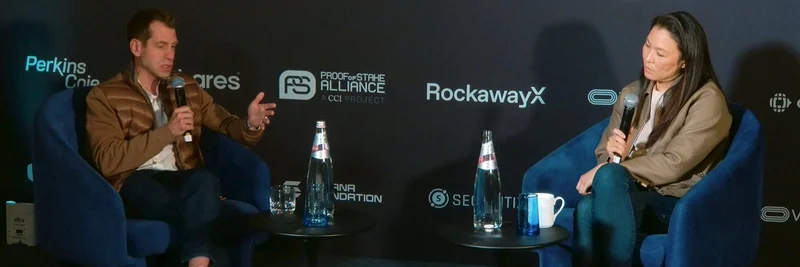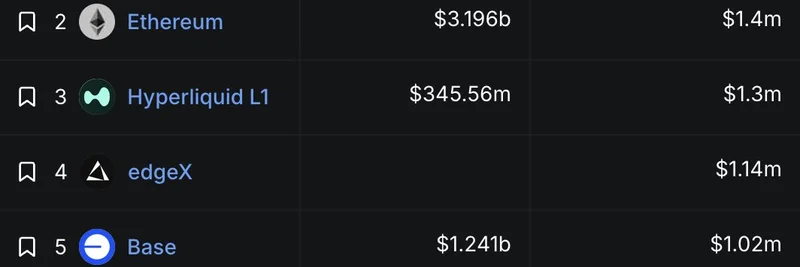Are you curious about the future of financial assets on the blockchain? Marinade Finance recently sparked an intriguing discussion on X (formerly Twitter) about whether equities are a suitable asset class for on-chain integration. Let's dive into the conversation and explore the insights shared by Marinade Finance and the experts involved.
The Discussion: Equities on the Blockchain
The thread, initiated by Marinade Finance, features a video discussion between Calily Liu and Nick Ducoff. They delve into the potential of bringing equities onto the blockchain, a topic that has significant implications for the future of finance.
Key Points from the Discussion
Current Landscape of Equities: Nick Ducoff highlights that there are approximately 30,000 pre-IPO private companies and 30,000 companies listed on public equities exchanges today, a stark contrast to the fewer exchanges in 1970. This sheer number of companies seeking liquidity presents a ripe opportunity for blockchain integration.
Liquidity Needs: The discussion emphasizes the need for these companies to achieve liquidity, not just for the companies themselves but also for founders, investors, and other stakeholders. Calily Liu suggests that this liquidity could be facilitated sooner through blockchain technology.
Tokenized Equities: The concept of tokenized equities is introduced, where traditional shares are represented as digital tokens on a blockchain. This allows for 24/7 trading, global accessibility, and instant settlement, as explained by resources like Chainlink.
Real-World Assets (RWAs): Calily Liu points out that equities, as an asset class, fit well within the broader category of real-world assets (RWAs) that are being tokenized. This includes not just stocks but also other assets like real estate and commodities, which are seeing increased adoption on blockchains like Solana.
Challenges and Opportunities: The discussion touches on the challenges of regulatory compliance across multiple jurisdictions and the opportunities for enhancing transparency and efficiency in financial markets.
Why This Matters
The integration of equities onto the blockchain is not just a technical exercise; it's a potential game-changer for global financial markets. Here’s why:
Enhanced Liquidity: Tokenized equities can provide liquidity to private markets, which are often illiquid and inefficient. This could democratize access to investment opportunities that were previously out of reach for many investors.
Transparency and Security: Blockchain's inherent transparency and security features can reduce fraud and increase trust in financial transactions. This is particularly important for equities, where trust in the system is paramount.
Global Accessibility: By tokenizing equities, investors from around the world can participate in markets without the barriers of traditional financial systems. This aligns with the vision of a more inclusive financial ecosystem.
DeFi Integration: Equities on the blockchain can be integrated with decentralized finance (DeFi) protocols, opening up new possibilities for financial products and services. This is where projects like Marinade Finance come into play, focusing on native and liquid staking solutions on Solana.
The Role of Marinade Finance
Marinade Finance is at the forefront of exploring how traditional financial assets can be integrated with blockchain technology. Their focus on Solana staking and real-world assets positions them as a key player in this evolving landscape. The discussion on X is a testament to their commitment to fostering dialogue and innovation in the space.
Conclusion
The conversation initiated by Marinade Finance opens up a fascinating dialogue about the future of equities on the blockchain. While there are challenges to overcome, the potential benefits in terms of liquidity, transparency, and global accessibility are immense. As the financial world continues to evolve, keeping an eye on these developments will be crucial for anyone interested in the intersection of traditional finance and blockchain technology.
What do you think? Are equities ready for on-chain integration, or do we need more time to address the regulatory and technical hurdles? Share your thoughts in the comments below!



, which matches the one provided.***](https://cdn.meme-insider.com/20251105-pump-fun-integrates-moonpay-easier-fiat-onramps-for-solana-memecoins.webp)
